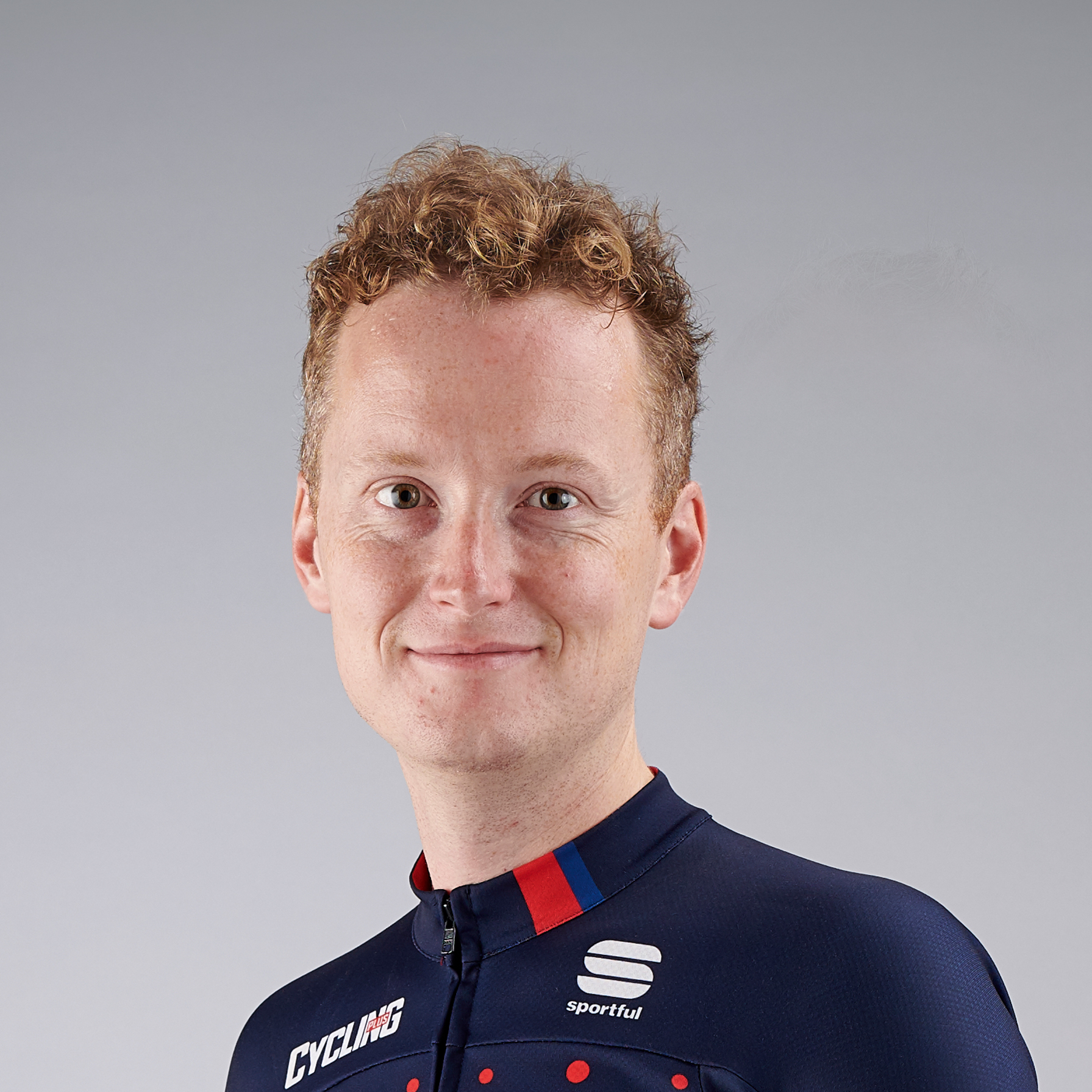The organisers of the Tour de France have rerouted stage 19 following the discovery of a contagious cattle disease at the Col des Saisies. The affected herd has been culled, and in agreement with local authorities, the climb has been removed from today’s route.
The stage, originally set to cover 129.9km, has now been shortened to just 95km. Riders will also skip the opening Côte d’Héry-sur-Ugine. However, with multiple climbs still on the menu and a summit finish at over 2,000m, it remains a major mountain test.
The ceremonial start still rolls out of Albertville as planned, with a 7km neutral section before the race officially begins on the D925. From there, the peloton rejoins the original route shortly before Beaufort – what would have been km 52.4 on the original plan.
The revised route means a later start time: 1.30pm BST / 2.30pm CEST.
Stage 19: Albertville > La Plagne
- Date: 25 July
- Distance: 93.1km
- Stage type: Mountain
Stage profile

Stage route

The final mountain stage is defined by its brevity (doubly so now that it's been shortened) as much as by the fact that it marks a return to the ski resort of La Plagne after 22 years.
It’s best known by Irish and British fans as the scene of Stephen Roche’s comeback on its slopes, while he fought to stay in touch with overall race leader Pedro Delgado.
Managing to limit his losses, the Irishman turned the deficit around in subsequent stages on his way to the yellow jersey – the first and only Irish win in the history of the race.
Fast-forward to this year and La Plagne is the finale of a dynamic, testing route.
Despite the shortened stage, it's still a test for the climbers, and it's short enough to offer a tempting carrot to any rider looking to make moves in the classification, in what is the final real chance to do so.
More on the Tour de France 2025
- How to watch the 2025 Tour de France
- Tour de France bikes 2025: who’s riding what?
- Buy the official 2025 Tour de France Guide now!
- BikeRadar's Tour de France hub
What's on the stage 19 route?

The Tour's final brush with a ski resort this year, La Plagne was created in 1961 and boasts typical 1960s ski resort architecture. Scratch below the surface, though, and there's history stretching back to the Neolithic period, with neolithic tools and Roman artefacts displayed in the town museum and a glacier museum in Champagny-le-Haut.
There's also the 11th Century Basilica of St Martin and the ancient centres of the original villages that combined to establish the modern ski resort.
The food is typical Alpine fare, with potatoes and cheese forming the basis for tartiflette, and dried sausage and cold meats other staples of the cuisine.
One to watch: Jonas Vingegaard

Visma-Lease a Bike's Jonas Vingegaard has vowed that despite Pogačar's handsome lead in the general classification, he'll keep on attacking. He will also be hoping for at least one stage win at this year's race.


